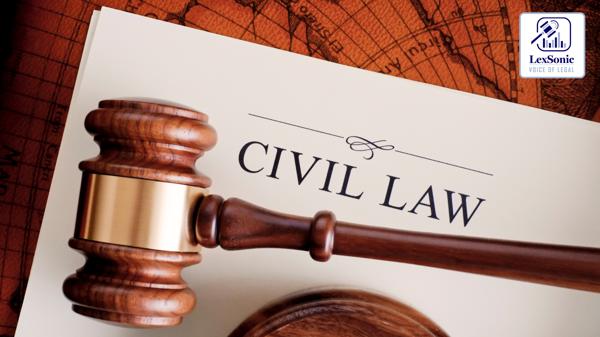Apology to the Institution: Lawyers Directed to Apologize to a High Court Judge for Scandalous Allegations.
11 August 2025
Civil Appeals >> Civil & Consumer Law
The Court issued a show-cause notice for contempt of court to the petitioner and his lawyers, including the Advocate-on-Record and the counsel who drafted the petition. All three individuals subsequently filed affidavits of apology.

The judgment reiterates a fundamental principle of legal ethics: a lawyer's duty to the court supersedes their duty to a client, a concept the court noted is often misunderstood by a section of the bar. Drawing on previous landmark judgments, the Court emphasized that lawyers who sign pleadings with scandalous allegations against a judge are themselves guilty of contempt unless they have reasonably satisfied themselves of the grounds for such allegations. The judgment also highlights that High Court judges are constitutional functionaries and are not inferior to Supreme Court judges, enjoying the same immunity. Alleging bias merely because a political figure is involved in a case is deemed to be an act that scandalizes the very institution of justice.
While acknowledging the apologies tendered to the Supreme Court, the Court noted that the scandalous allegations were made against the High Court judge. Therefore, it directed the contemnors to tender an unconditional apology directly to the concerned judge of the Telangana High Court. The Court granted one week for the High Court to reopen the case for this limited purpose, and the judge will decide on the acceptance of the apology. The Supreme Court will then consider the apology tendered to it after the High Court's decision.
